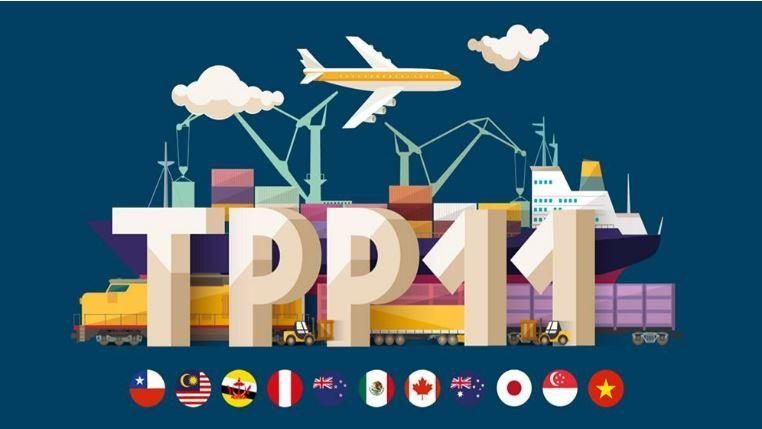The lawmakers filed an injunction before the Constitutional Court where they denounced that the process was flawed and the Supreme Court was not consulted about its implications.
According to Article 60 of the Constitution, if the TPP-11 contains any provision that affects the organization and attributions of the courts, the Supreme Court’s opinion must be heard previously.
The treaty was approved in the Senate by 27 votes for, ten against, and one abstention on October 11, despite the rejection of some 200 social and labor organizations in the country.
This agreement generates controversy, and broad sectors state that it is detrimental to the country’s sovereignty because it cedes jurisdiction to international tribunals in dispute resolution.
Although both chambers of Parliament already approved the treaty, President Gabriel Boric announced that he would not promulgate it before signing the so-called “side letters” with the member countries.
With a market of almost 500 million people, the treaty involves 11 countries: Australia, Brunei, Canada, Chile, Malaysia, Mexico, Japan, New Zealand, Peru, Singapore, and Vietnam.
pgh/iff/rgh/car










